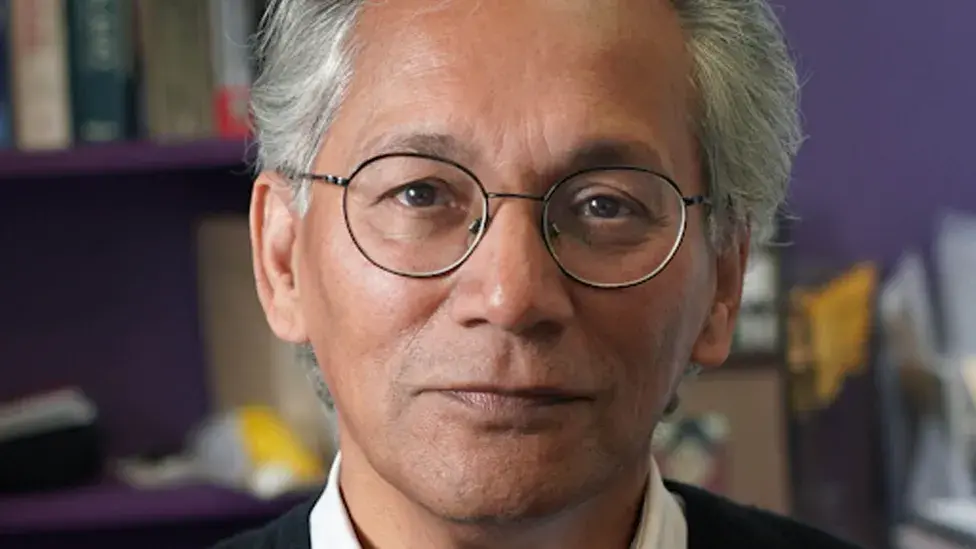
Former journalist Samir Shah looks set to be the next chairman of the BBC after being announced as the Government’s preferred candidate for the role.
Shah, 71, has yet to be questioned by MPs on the Culture, Media and Sport Select Committee who will need to approve the appointment.
Sir Trevor Phillips, former chair of the Equality and Human Rights Commission and lifelong friend and colleague of Shah, praised his “forensic” intellect and strong character.
Speaking on BBC Radio 4’s Today programme he said: “Character will be very important in the licence fee negotiations because he’s got courage.”
Samir Shah’s background
Indian-born and West London raised, Shah completed a geography degree from the University of Hull before completing a DPhil in anthropology and geography from the University of Oxford.
He began his journalistic career when he joined the London Weekend Television as a researcher in 1979.
In 1987, he moved to the BBC as the head of television current affairs. He was head of the BBC’s political journalism programmes from 1994-1998.
Shah left the BBC in 1998 to buy commercial production company Juniper TV Ltd, which he remains the owner and CEO of. Juniper has made various documentaries and current affairs programmes for broadcasters including the BBC, Channel 4 and Netflix.
Juniper’s 2016 documentary What British Muslims Really Think attracted numerous complaints to Channel 4 and was seen by some as sensationalist.
His half-brother Mohit Bakaya is the controller of BBC Radio 4.
He has also held positions as Chair of the Museum of the Home (2014-2022), trustee and Deputy Chair of the V&A (2004-2014) and Chair of the Runnymede Trust (1999-2009).
Shah is currently Chair of One World Media, a non-profit organisation promoting independent media from low-income countries and is on the Arts and Media Honours Committee.
In 1999, he was awarded an OBE for services to equal opportunities in broadcasting and in 2019 he was awarded a CBE for services to heritage and television.
Is Samir Shah ‘anti woke’?
When asked on the Today Programme whether Shah was “anti-woke”, his friend Phillips said “no”, but with hesitation.
Phillips added: “We could get into a long seminar on what is woke and not woke.”
Phillips also noted: “One of the things that you can see in his record is that he has made many controversial programmes and instead of, after receiving a beating, retreating, he goes on and makes another one.”
Shah is a panel member of the ‘History Matters’ project run by the think-tank Policy Exchange.
The project was established in 2020 to respond to growing concerns regarding the damage to public heritage property, such as the vandalism of monuments to historic figures who are now seen as controversial.
Additionally, he co-authored the Commission on Race and Ethnic Disparities report which concluded that there was not sufficient evidence to argue that the UK was institutionally racist, a claim which has since been disputed.
He referred to “woke warriors” in a 2020 piece for The Spectator which debated “the sheer hypocrisy of food culture wars”.
Shah joins the BBC as questions over its future funding remain open. The Government has announced that the Licence Fee will increase by 6.6% to £169.50 in April.
The current BBC Charter ends in December 2027, after which time a future funding model for the corporation will need to be agreed.
Shah said: “The BBC has a great place in British life and a unique duty to reach a wide audience right across the country and I will do all I can to ensure it fulfils this in an increasingly competitive market.”
The position pays £160,000 per annum for three to four days per week.
Email pged@pressgazette.co.uk to point out mistakes, provide story tips or send in a letter for publication on our "Letters Page" blog
